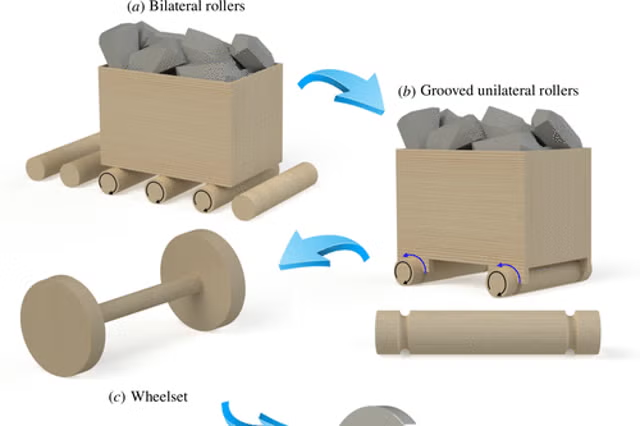Your support helps us to tell the story
Support NowThis election is still a dead heat, according to most polls. In a fight with such wafer-thin margins, we need reporters on the ground talking to the people Trump and Harris are courting. Your support allows us to keep sending journalists to the story.
The Independent is trusted by 27 million Americans from across the entire political spectrum every month. Unlike many other quality news outlets, we choose not to lock you out of our reporting and analysis with paywalls. But quality journalism must still be paid for.
Help us keep bring these critical stories to light. Your support makes all the difference.
A world-first study could help revolutionise the treatment of brain cancer, researchers say.
The research will trial multiple new treatments for people in the UK living with an aggressive form of brain cancer called glioblastoma.
Glioblastomas are fast-growing and aggressive tumours and are the most common type of primary brain cancer in adults.
The study will, for the first time, enable researchers to adapt treatments to people in the trial, meaning multiple new drugs can be tested in a short period.
Brain tumours are notoriously hard to treat because we still don’t know enough about the biology of the disease, and current treatments are not effective enough
Michelle Mitchell, Cancer Research UKAs part of the study, every patient will also have their genome sequenced – which determines their genetic makeup – allowing researchers to target their treatment with greater precision.
Michelle Mitchell, chief executive of Cancer Research UK, said: “Brain tumours are notoriously hard to treat because we still don’t know enough about the biology of the disease, and current treatments are not effective enough.
“This new trial offers something different because researchers will use the DNA of participants to help them target treatments. Whole genome sequencing tests can give clues about how a cancer may have developed, how it will behave and what treatment options would work best.
“More research is needed, but it is hoped that the technology could one day be used within the NHS to improve the treatment and care of people with cancer.”
Because of the biology of the brain, finding new treatments for glioblastoma has been difficult.
Over the past two decades there have been 1,000 brain cancer clinical trials, but none has resulted in significant breakthroughs.
To help address this, Cancer Research UK and Australian charity Minderoo Foundation have each committed £1.68 million (£3.36 million total) to fund the “next-Generation aGile Genomically Guided Glioma platform trial”, also known as the 5G platform trial.
Experts hope the trial will help speed up the development of new treatments while benefitting patients.
In the study, the drug or combination of drugs a patient receives will be based on the specific genetic makeup of their cancer.
The trial design also allows treatments developed for other types of cancer to be tested in patients with brain cancer for the first time.
The 5G platform trial is sponsored by The Institute of Cancer Research, London, and conducted by the Joint Drug Development Unit at The Royal Marsden NHS Foundation Trust and The Institute of Cancer Research (ICR).
Honorary consultant neurosurgeon at Cambridge University Hospitals NHS Foundation Trust and co-lead of the Brain Cancer Virtual Institute at the Cancer Research UK Cambridge Centre, Dr Richard Mair, said: “Brain cancers like glioblastoma are notoriously difficult to treat.
“I am excited to co-lead this world-first trial designed with this cancer type in mind.
“The use of whole genome sequencing for every patient on the trial performed in ‘real time’ enables us to be both agile and precise in our drug targeting.
“We hope that this approach will help patients with this cancer of unmet need.”
Disclaimer: The copyright of this article belongs to the original author. Reposting this article is solely for the purpose of information dissemination and does not constitute any investment advice. If there is any infringement, please contact us immediately. We will make corrections or deletions as necessary. Thank you.



